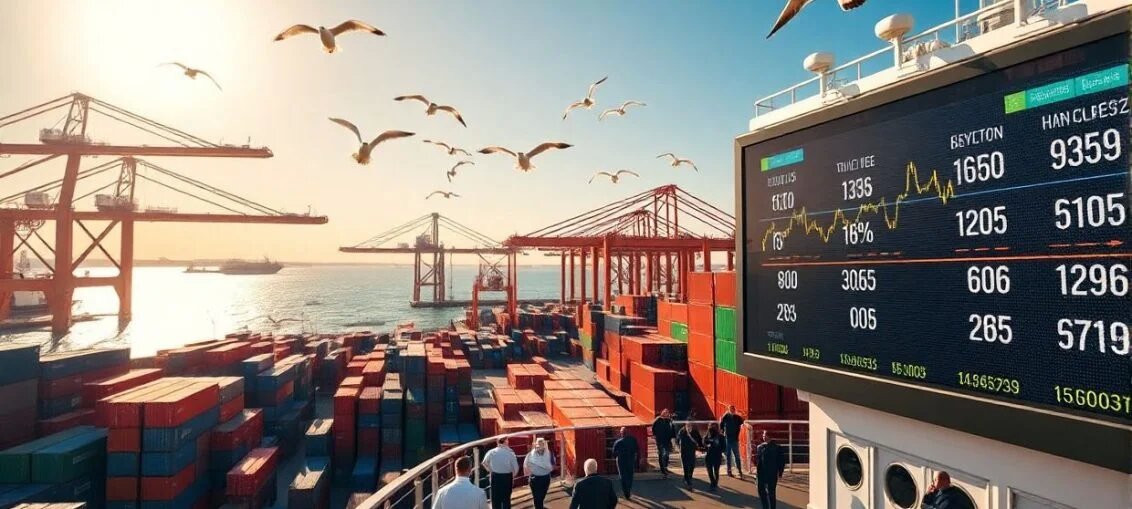Brazil’s Action Agenda aims to advance GST items outside of the official summit talks, writes Lucas Parolin
Sao Paulo, 19 September (Argus) — Cop 30 climate summit host Brazil will use the historic global stocktake (GST) agreement — made at Cop 28 in Dubai two years ago — as an anchor for the upcoming UN conference in November, bolstering the country as a key voice in climate leadership despite its oil and gas ambitions.
The GST conclusions — meant to pave the way for future action to meet the UN’s Paris climate accord — have been reframed by the Cop 30 presidency as a “globally determined contribution”, in a reference to countries’ individual nationally determined contributions (NDCs), or climate plans. For Brazil, the GST should serve as a compass for ambition, including transitioning away from fossil fuels, accelerating low-emission technologies, doubling energy efficiency and ensuring universal energy access.
Brazilian president Luiz Inacio Lula da Silva has positioned the country as a key voice in the global climate agenda since 2023. He has prioritised reforestation, put climate co-operation at the forefront of foreign policy and shone a spotlight on energy transition and climate finance during last year’s G20 leaders’ summit in Rio de Janeiro. Cop 30 will be held in Belem, the capital of Brazil’s northern Para state, and is set to be another crucial step for Lula.
But last year’s Cop 29 in Baku, Azerbaijan, left a mountain of work to be achieved at Cop 30. Cop 28’s calls to transition away from fossil fuels were described as historic, but few concrete plans were made and those that did emerge encountered pushback from several parties. Part of Brazil’s plan is to advance GST items outside of the official Cop talks, under its so-called Action Agenda. And the host intends to mobilise coalitions formed at previous Cops to accelerate the delivery of pledges. Any failure to make the Cop 30 climate summit shine would dim Brazil’s ambitions of leading the global fight against climate change.
But Brazil’s crude oil ambitions raise some concerns about its climate leadership credibility. Renewable energy powers more than 80pc of the Brazilian electricity grid, government data show, and the country has invested heavily in its goal of ending deforestation by 2030. But results so far have been mixed. Brazil is continuing with hydrocarbons exploration, which the UN’s Intergovernmental Panel on Climate Change and energy watchdog the IEA say is incompatible with limiting global warming to the 1.5°C lower end of the Paris Agreement’s temperature limit — reiterated in the GST.
Brazil produced a record-high 5.16mn b/d of oil equivalent in July, of which 3.96mn b/d was crude, the latest data from hydrocarbons regulator ANP show. And Brazil expects to increase its oil production to 5mn b/d by 2030, energy research firm EPE says. “Brazil is looking to move from the ninth-largest oil producer to the fourth largest — exactly the opposite of what one would expect from a climate leader,” climate umbrella group Observatorio do Clima policy expert Stela Herschmann says. “We know we can’t drill any more new oil wells in the world [without further raising temperatures], let alone move towards an expansion of this magnitude.”
Lula says that Brazil’s oil revenue will fund its energy transition, and continued oil production is justified because of Brazil’s developing country status, the importance of the oil and gas industry to its economy and the comparatively low level of its fossil fuel emissions. Belem poses logistical challenges — only about 80 countries have booked to attend so far, out of almost 200 member states — but it was chosen to show that Brazil is still developing, according to Cop 30 president Andre Correa do Lago. And Brazil’s NDC is clear — when it comes to transitioning away from fossil fuels, developed countries should take the lead.





